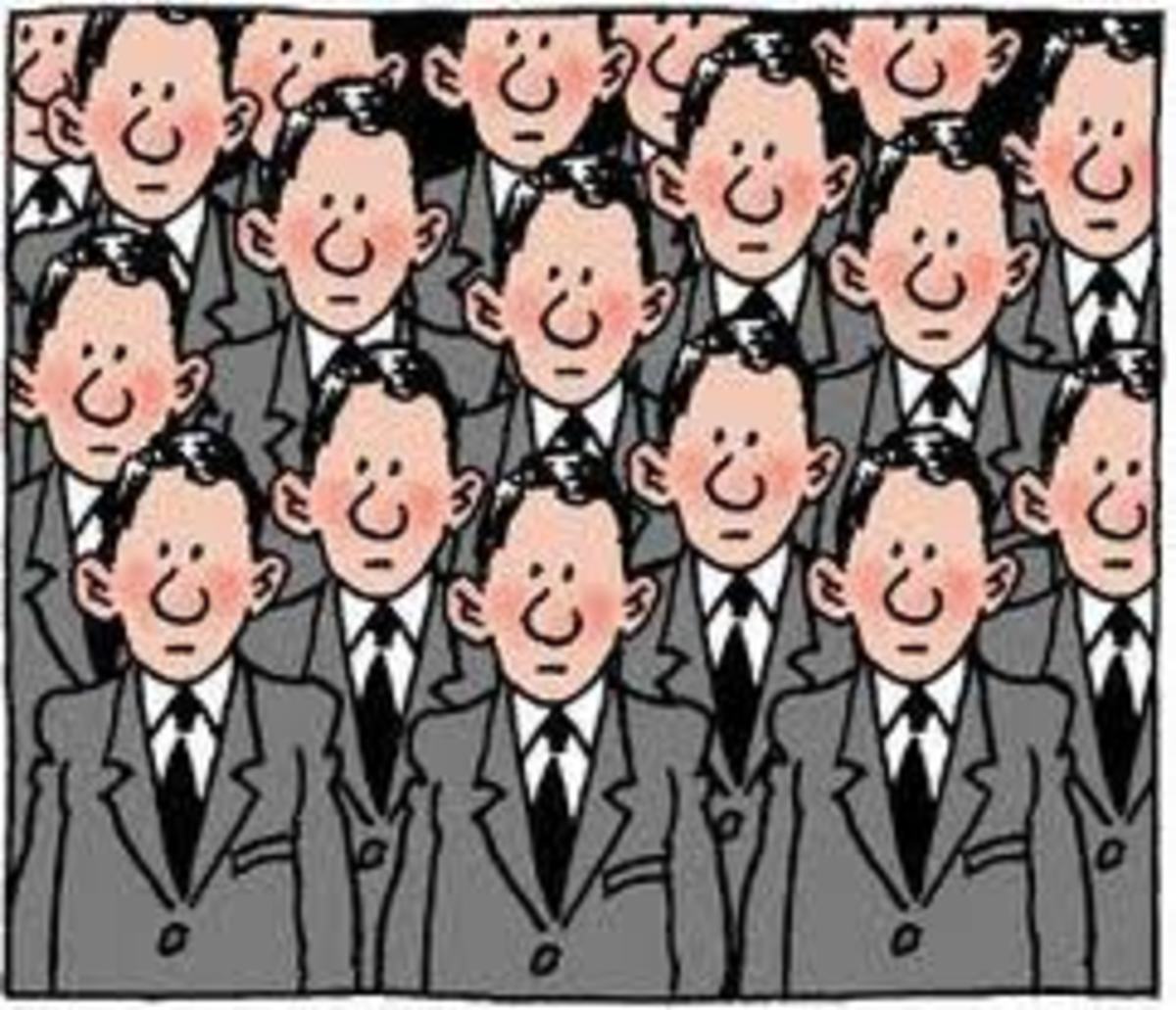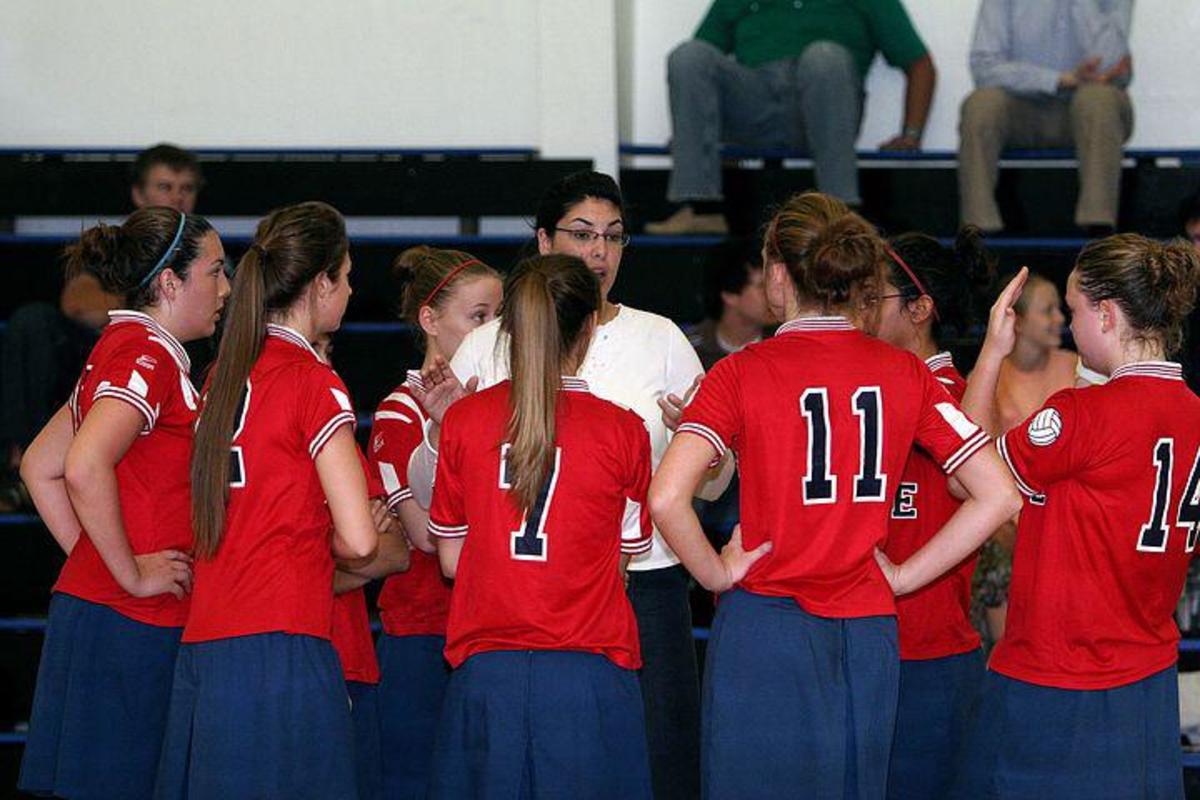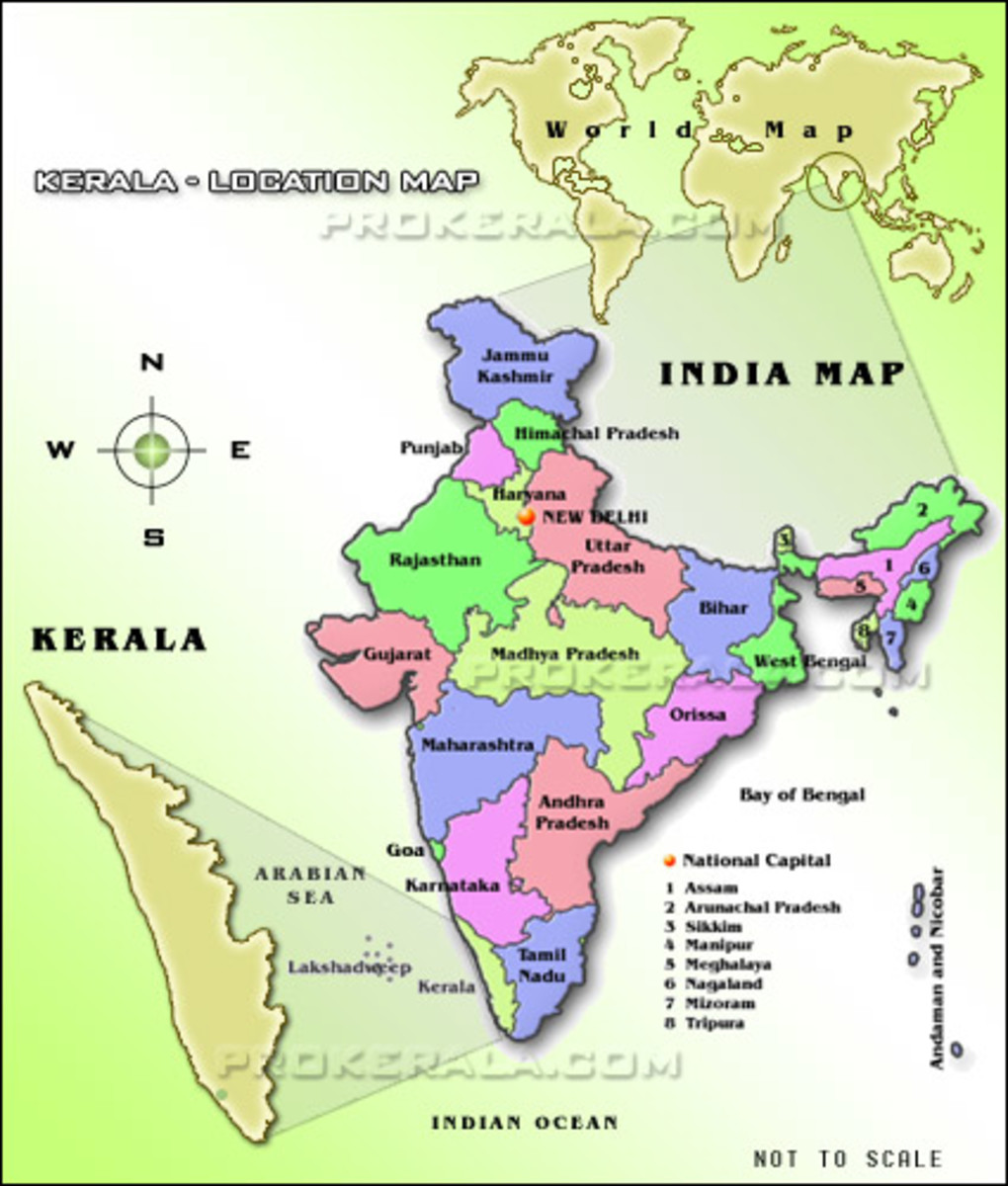What Makes So Many People Quite Uncomfortable & Generally Afraid of the-----NEW



Newness is Necessary for Growth and Continual Development
Newness and especially novelty is an integral part of life. It is what makes life an ever intense experience. It is an integral part of growth and development. It makes societies and cultures better. It helps civilizations go beyond their present state. It stimulates and promotes intellectual progress. Humans must have it in order to be fully engaged. It is a forever constant occurrence. No matter how many peoples and cultures try to stop it, it cannot and will not be stopped. In fact, it would be simply unwise to stop it for it is like the gushing seas.
What is this phenomena? It is newness. Newness is a part of life. In fact, it is an undeniable fact of life. Where would humankind and civilizations be without implementation and invention of new things? Without it, cultures, civilizations, and societies would stagnate, decay, and face possible and ultimate extinction or annihilation. Newness is the elixir which makes life more exciting and anticipatory. Newness is truly the spice of life. It encourages people to be curious, forever reaching to fulfill and utilize their ultimate and utmost potential.





Why People Prefer the Familiar, The Tried, and....TRUE
Humankind love the familiar. The familiar is what is known. The familiar represents safety and security. These components of safety and security are not only physical, it is emotional and psychological. After safety and security is one of our primal basic needs. In fact, it is one of the more important of our human needs. Without security and safety, humankind will be in a continual anxiety provoking state. People who are in a constant state of anxiety are not happy people, especially mentally and psychological. Safety and security are an important part of the human condition. If we are secure and safe, we can comfortably advance beyond our primal needs and consciousness level.
The familiar also represent comfort and ease. That is another reason why people love the familiar. It is what they are used to and are most comfortable with. People love and appreciate the familiar because it is easier upon them emotionally and psychologically. They are also more relaxed and at ease with what they are familiar with. That familiarity could be family, associates, friends, places, things, and/or other societal circumstances. They can be themselves and let go. To many people familiarity makes life so much easier and should be relished instead of dreaded.
The familiar is also known. It is instinctual that people prefer to stick with they know whether it is an area of expertise, a honed talent, and/or particular forte. When one does what he/she knows, it provides a sense of mastery and control over his/her life. He/she OWNS his/her life and circumstances. This mastery and control also makes the person confident regarding what he/she CAN do. He/she is at the top of his/her game so to speak and can make the game plan to suit his/her specialty area. He/she also has a proficiency because of his/her familiarity in certain areas and/or subjects.
People gravitate towards the familiar because of societal reinforcement. There are others who are doing the same thing they are doing. Remember the adage that there is power in numbers. Most people do the familiar because that is what is expected. Many people live for societal approval and they know that there are intrinsic and extrinsic rewards in doing what other people do.
People are cognizant of the fact that there is a societal and/or social value to doing things that are familiar. They maintain that there is a value and validity in the familiar. Many people do and stick with the familiar because of its established worth and its workability. There is the adage that if it is not broke, why reinvent it. They believe that if something is workable, just leave it be.



The New is Clearly................Unfamiliar
People are hesitant to try new things because it is unfamiliar. People do not like the unfamiliar as it is not what they are accustomed to. The unfamiliar is indeed strange to many people. People are quite suspicious of something they have not done or try before. They are sure of what they are tried and are familiar with. They know where they stand as regards to the familiar and the tried and true. People are afraid of the new as they are unsure as to how to react and further proceed. People are the most comfortable what they are accustomed to.
Besides being unfamiliar, people are fearful of the new because of its unknown quality. To our subconscious mind, the unknown represents danger or other signs of foreboding. We inherit this visceral response from our primitive ancestors who oftentimes viewed the new as dangerous, even life threatening. Many people see the new as something quite unnerving, wondering if the particular outcome and/or result is going to be positive or negative. To many people, the thought of attempting or doing something new can be unhinging psychologically to the utmost degree.
People are afraid of doing new things because it involves uncertainty and risk. Anything new involves varying degrees of uncertainty and risk. Uncertainty and risk oftentimes involves a higher percentage of failure. When something new is attempted, it has never been tried before hence the higher probability of failure. People are quite wary of doing things which have high percentage of failure. So rather than risk this, they would rather avoid doing anything new and stay with the familiar and old ways of doing ways as they were successful at such tasks. In their minds, it is better to stick with the tried, tested, and true and be successful than to risk the new and probably not be successful.



FEAR of Social Disapproval
Many people want to be like everyone else and go along with the respective societal and social conventions. They believe in the mantra that there is security in numbers. They were inculcated in the premise that it is not good to be stand out and/or be noticed, it is better to blend in and be totally inconspicuous. People who try new things, especially if no one else done it before, are told not to make waves. They are told that their visions, plans, and ideas are impractical as no one has thought of such before. They are instructed to be more realistic regarding their plans and to conform in accordance to the prevailing societal ethos.
Many people have seen the more unconventional and visionary people ostracized because their ideas, plans, and goals were diametrically different from the majority of the people in their particular sociocultural environment. They have witnessed how such people are excluded and derided by others because of such desires. Many people dislike highly unconventional and visionary people because they see newer ways of solving problems and implementing solutions. This is in contrast to the former's old methodology of doing things although such methodology is outmoded. What many people refuse to understand, they criticize and fear.
The fear of being different prevents many people from trying new things. The most important thing in their lives is societal acceptance and approval. They see the intrinsic and extrinsic rewards of conforming and/or belonging to a social group. They feel that if they try anything new, they would be seen as different from their social group whether it is friends, family or other people. They simply do not see anything beneficial in being different. In fact, they would feel like the odd person out.



It's INHERENT in the Personality
There are some people who are highly apprehensive regarding trying and doing new things because they have a risk aversive personality. Risk aversive people are uncomfortable with taking risks because they feel that they are not up to the task.They also are not self-starters, not having the initiative needed to try new things and succeed in them. They do not possess the necessary skills to use independent judgment and to be proactive in situations and circumstances. Boldness and fierceness are just not in their vocabulary. They prefer that life be as easy and risk free as possible.
There are overcontrolling people who want a predictable life with highly measurable results and outcomes.They see trying and doing anything new because it is not measurable as losing control.The last thing they want to be is a subject of circumstances.They do not want to be the subject, they want to be in the driver's seat.They want to do things that have a measurable conclusion and outcome. They become totally unhinged at the thought that something does not have a definite solution and outcome. That is not their cup of tea.
There are people whose over riding concern is tradition. They intend to perserve it. They love the old as it represents a sense of value and strength. They contend that if something has lasted this long, it must be good. They further contend that something was good enough for previous generations, it is good enough for them. The old, to such people, is an emotional and psychological bulwark against the outer society that is forever changing. To them, things are quite fine the way they ARE, thank you. They see no sense in trying and attempting new things. They find this to be utterly wasteful of their expenditure which could be used more constructively. They find the pursuit of the new to be totally ludicrous when things are functioning fine in its present state.

Summarization
In conclusion, many people are fearful of trying new things. New things represent the unfamiliar and unknown. People are the most comfortable with things and circumstances they are familiar with. People are fearful of the new because they do not know where they stand and they are unsure of how to react in an unfamiliar situation.
People are furthermore loathe to try the new because of a high risk of failure with an uncertain outcome. There are many people who want to control the outcome of their undertakings. New situations to such people make them vulnerable as they are in new territory. The human mind has been subconsciously programmed to mistrust and/or fear new situations because of its likelihood of danger. Our ancestors were often in new situations, oftentimes life threatening.
There are many reasons as to why people prefer the old and not try new things as they are people. However, one does not realize that new things are constantly occurring. It cannot be stopped. New things are part of the evolution and development of the human consciousness. If one does not try new things, he/she does not grow but remain the same and eventually stagnate and begin to atrophy emotionally, mentally, and psychologically. There is a saying that one must ever change or die.
© 2013 Grace Marguerite Williams








